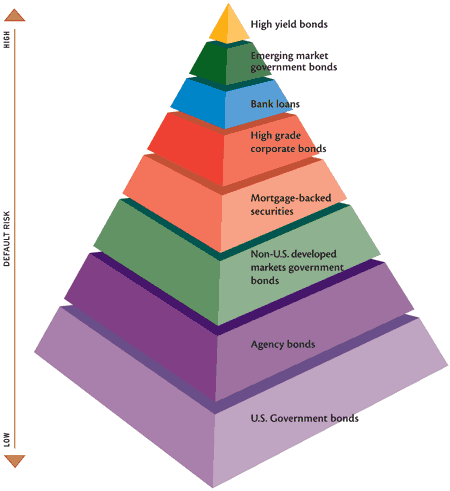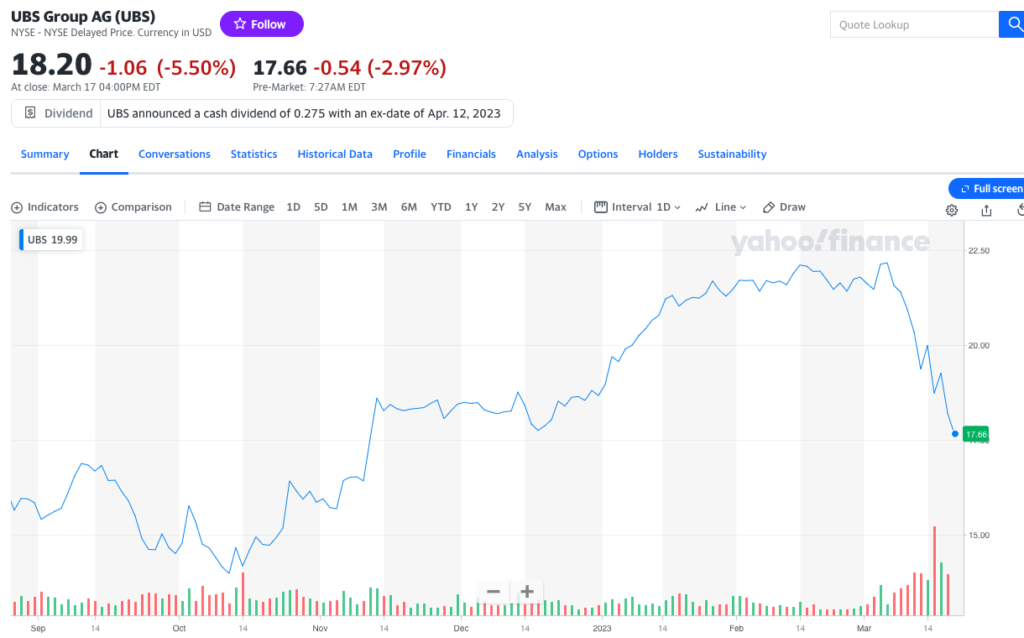
The recent historic deal between UBS Group and Credit Suisse has sent shockwaves through the global financial markets, as Swiss financial regulator Finma made the unexpected decision to write down $17 billion worth of Credit Suisse’s additional tier one (AT1) bonds to zero. A write-down is an accounting term for the reduction in the book value of an asset when its fair market value (FMV) has fallen below the carrying book value, and thus becomes an impaired asset. This move, which directly contradicts the typical hierarchy of losses, has left bondholders reeling and questioning the safety of their investments in the banking sector.

AT1 bonds were initially introduced as a safety mechanism following the global financial crisis, designed to protect banks’ balance sheets in times of financial stress. However, Finma’s decision to write down these bonds, rather than inflicting losses on shareholders, has sparked concerns among investors and provoked a furious response from Credit Suisse’s AT1 bondholders.
The impact of this decision has rippled through the global markets, causing stocks of Standard Chartered Plc, HSBC, and other banks to tumble. Investors are now left to wonder about the implications for holders of AT1 bonds issued by other banks and the potential for similar losses in the future.

This situation draws parallels to the 2017 Banco Popular case when junior bondholders faced significant losses during the bank’s takeover by Santander. However, the scale of the loss in the Credit Suisse case is unprecedented, marking the biggest loss yet for Europe’s $275 billion AT1 market.
As major asset managers like Pacific Investment Management Co., Invesco Ltd. and BlueBay Funds Management Co. SA find themselves among the many holders of Credit Suisse AT1 bonds, the financial community is left grappling with the implications of this decision. With the erosion of trust in the banking sector and heightened concerns over financial stability, investors may become increasingly cautious when considering future investments in bank bonds.
Finma’s decision to write down the AT1 bonds has highlighted the fragile nature of the financial market and exposed the potential for regulatory interventions to have far-reaching consequences. This event serves as a stark reminder of the inherent risks associated with investing in the banking sector, particularly when it comes to complex financial instruments like AT1 bonds.

As the dust settles from this extraordinary event, it remains to be seen how the global financial community will adapt to the new landscape. One thing is certain, though: the Credit Suisse-UBS deal has provided a thought-provoking case study on the power of regulatory decisions and the vulnerability of the banking sector to unexpected shocks. The experience will undoubtedly leave a lasting impression on investors, prompting them to reevaluate their strategies and approach to risk management in an ever-evolving financial world.






